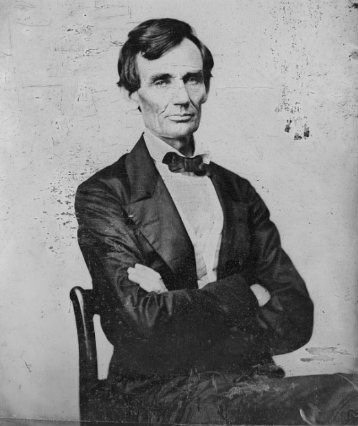Return to The Meaning of Abraham Lincoln’s Birthday.
Forward the Link
You want to share the page? Add your friend's email below.
A Stepmother’s Recollection
Introduction
Return to The Meaning of Abraham Lincoln’s Birthday.



Post a Comment